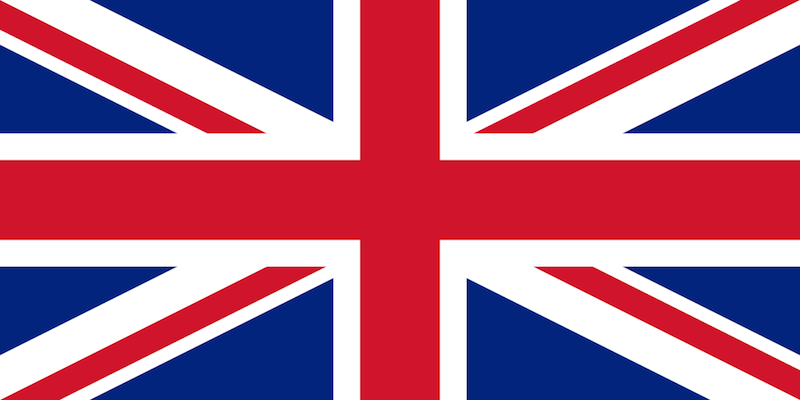Will the Conservatives let Britain exit the EU in response to the rise of the UKIP — and make Jean-Claude Juncker the scapegoat?
Our full-scale guest analysis of the European-wide impact of last weekend’s EU populist-dominated elections will be coming tomorrow (update: read it here), but in the meantime, I wanted to highlight one of the probably very related fallouts of the ruling Conservatives finishing third nationwide in the United Kingdom behind the anti-EU “UK Independence Party” (the first non-major party to a nationwide election in more than a century) and the opposition Labour.
There are rumors — already denied, of course — that UK Prime Minister David Cameron is threatening to escalate Britain’s halfhearted attempts to exit the European Union (a move nicknamed the “Brexit”) if the new center-right coalition in the EU parliament goes ahead with plans to make former Luxembourgish Prime Minister Jean-Claude Juncker President of the powerful European Commission, which has the sole power to propose new European laws and regulations across the Union:
German magazine Der Spiegel says British PM David Cameron warned that the UK could leave the EU if Luxembourg ex-PM Jean-Claude Juncker became president of the European Commission.
It reported Mr Cameron as saying that the appointment could destabilise his government, which may bring forward referendum plans on EU membership.
[…]
The magazine quotes Mr Cameron as telling the German chancellor that “a face from the 1980s cannot solve the problems of the next five years”. A senior government source told the BBC it did not recognise the language about destabilisation and that it is not something the prime minister would have said.
Ok, here’s my immediate takeaway: If he actually said that, even if it’s obnoxious and probably a desperate reaction to the UKIP win that threatens to break apart his party base, it might be the first semi-reasonable point he’s ever made on EU criticisms. The president of the European Commission will be responsible over the next five years for driving further internal lawmaking and regulatory integration within the European Union.
 That seems like something that would call for fresh leadership with a new vision, rather than a career European leader. In fact, Jean-Claude Juncker (pictured), who took office in January 1995, was one of the longest-serving democratically elected leaders in history when he stepped down as Prime Minister of Luxembourg in December 2013. He has been around the block and then some. Isn’t it perhaps time to let somebody else try?
That seems like something that would call for fresh leadership with a new vision, rather than a career European leader. In fact, Jean-Claude Juncker (pictured), who took office in January 1995, was one of the longest-serving democratically elected leaders in history when he stepped down as Prime Minister of Luxembourg in December 2013. He has been around the block and then some. Isn’t it perhaps time to let somebody else try?
On the other hand, his lengthy and popular service within both Luxembourg and the European Union system mean he’s a proven, effective, experienced leader everyone knows. And maybe that wouldn’t be terrible, in terms of producing results. Of course, if your goal isn’t to produce results because you oppose the EU — which is the position of the UKIP and many Conservative Party voters — then someone flashy who doesn’t do much is ideal. Whereas when one is trying to placate euroskeptics, elevating a man who embodies the European Union at its most European Union-y is not the smart play.




